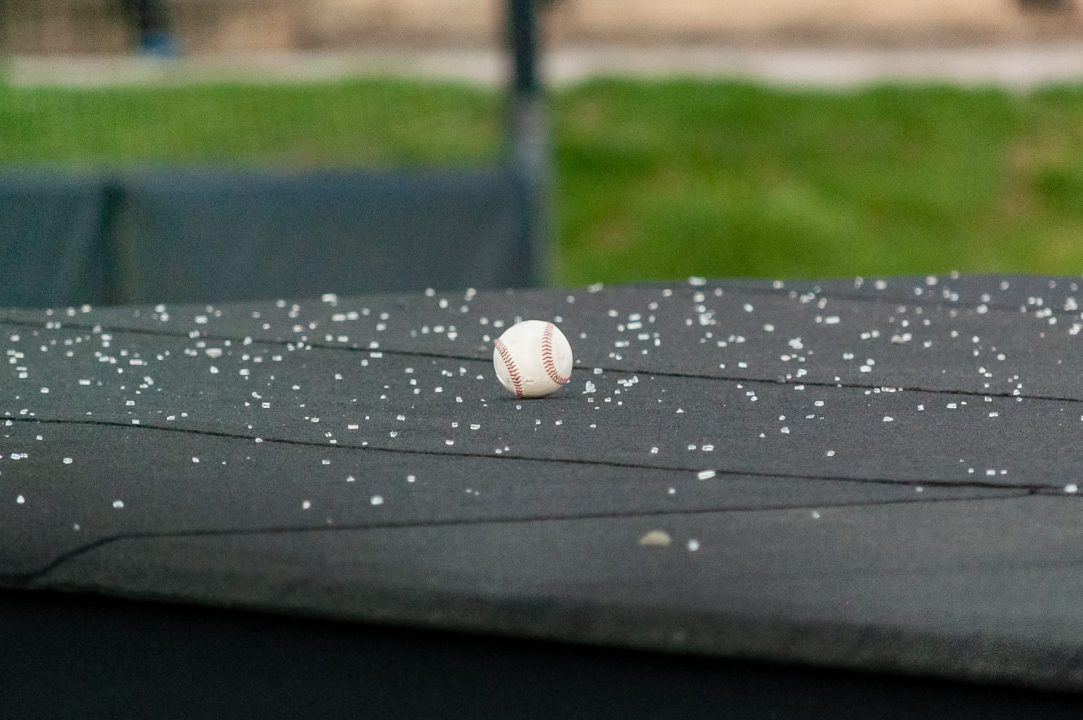UMBC’s very own Wushu club saw victory earlier this month on April 9 when they competed at the 20th annual Collegiate Wushu Tournament hosted by Columbia University, New York. Wushu is a Chinese martial art, “wu” meaning “military” and “shu” meaning “art.” Nowadays, modern wushu is best known as both a performance and full combat sport.
The competition drew in colleges from all over the United States. Local colleges such as University of Maryland, College Park competed as well as distant schools such as Harvard, University of California San Francisco, Carnegie Mellon University, Berklee College of Music, University of Illinois Urbana-Champaign and several others.
“This is the first time, to my knowledge, that we were at this particular tournament,” said sophomore Thomas Burnett, president of the Wushu Club. “We usually go to the university Wushu games hosted by UMD, but I’m nearly certain we’ve gone to other tournaments.”
Wushu competitions are “standardized into two events; Taolu (套路; tàolù, forms), the practice of choreographed routines and sequences for performance and exhibition, and Sanshou (散手; sǎnshǒu, free hand), the practice of full-contact and freestyle sparring and scientific martial applications under a certain set of rules, also known as Sanda (散打; sàndǎ, free fighting)” said Matthew Lee, a fifth year Wushu Club competitor.
The 20th Annual Collegiate Wushu Tournament is only concerned with Taolu competition. “Taolu events are very similar in format to gymnastics floor routines events, where athletes perform their forms on a carpet, and are given a score on their performance by judges based on specific set of rules and standards.”
There are four categories for each event: beginner, intermediate, advanced and nandu. Nandu is expert/super advanced. And each category had their own methods for scoring as well as their own requirements.
UMBC’s team entered into seven events at the competition and placed in five. Sophomore Kwynn Johnson received a bronze in Beginner Male Broadsword. Lee received two awards, one in Advanced Male Staff and another in Advanced Male Broadsword. A silver also went to Lee in Advanced Nandu Male Northern Barehand. Freshmen Irene Javier in Advanced Female Staff and Peter Duong in Beginner Male Northern Barehand placed silver as well.
Training for the competition took place well in advance of the April 9 competition. Lee mentioned that training began as far back as two months prior, and the intensity of the training for their forms would increase every two weeks.
The first month of training was used to fix the larger errors of each section. Then, they would train for two weeks with repetitions of the single sections of their forms individually. The next two weeks would consist of training repetitions of two sections. The following two weeks would see training repetitions of three sections, and the week after would focus on training whole forms. Lastly, the competitors would train two whole forms consecutively within one training session. A lot of the time, because practices for modern Wushu were only on Mondays and Wednesdays at UMBC. The competitors would also travel down to College Park and train there.
The competition didn’t come without challenges.
“I was scared that it would fail on me during my events,” Javier said. “I ended up not performing as well as I wanted to in both of my events, being left extremely dissatisfied with how I did immediately after I finished each event … but the greatest challenge was actually trying to overcome and accept my performances on competition day.”
But both agreed that their favorite parts of the competition were meeting other competitors, making new friends and sharing experiences with different people sharing similar interests.
“I can say with a straight face that Collegiates and the collegiate Wushu community is a prime example of camaraderie and sportsmanship, something that is unfortunately lacking in many other martial arts and sports communities, especially the ‘professional’ Wushu one,” Lee said. “This kind of positivism makes Collegiates and the experience with the collegiate Wushu community fun, which I can say I am privileged to have had and be a part of.”
Wushu club plans to compete in the future semesters to come.
